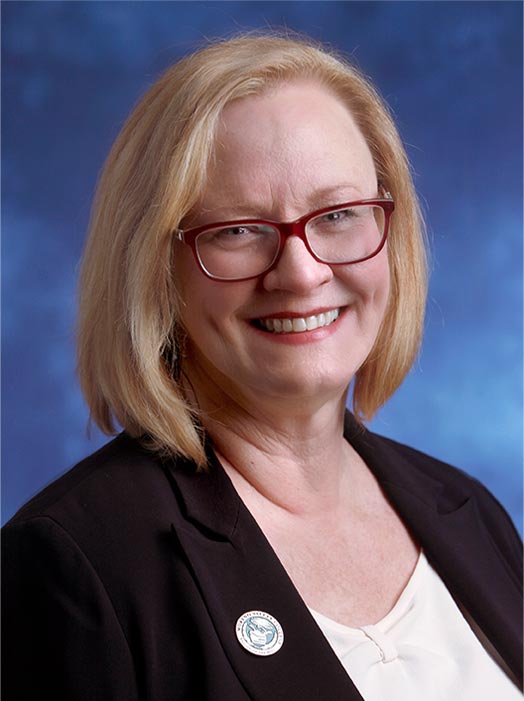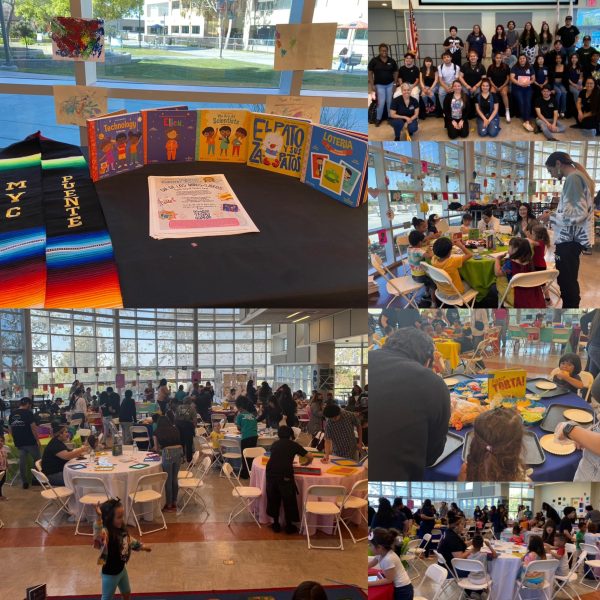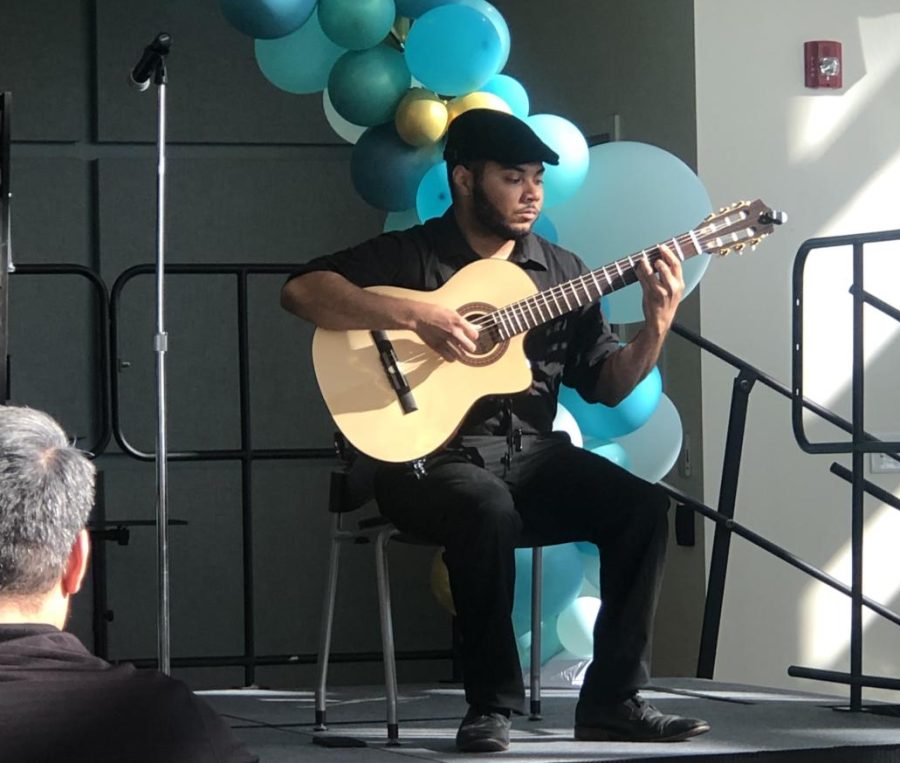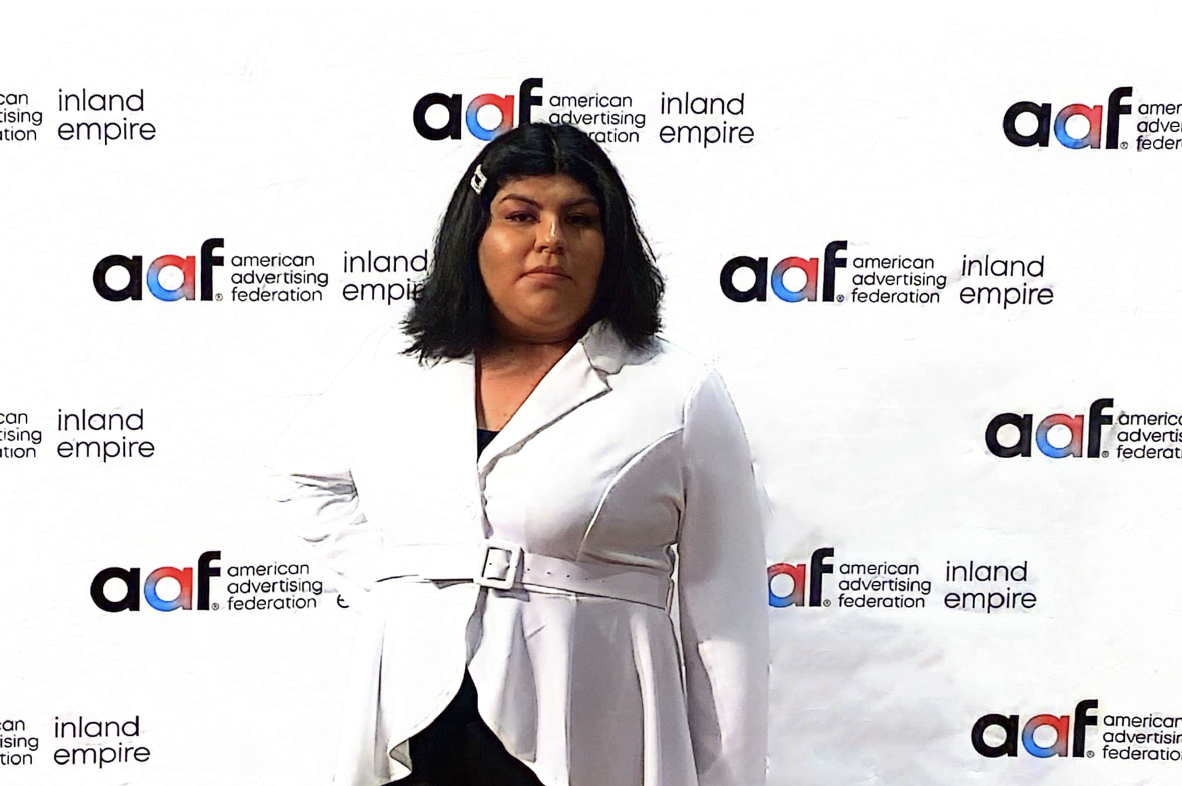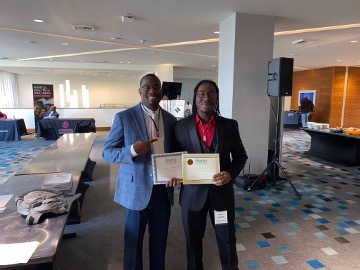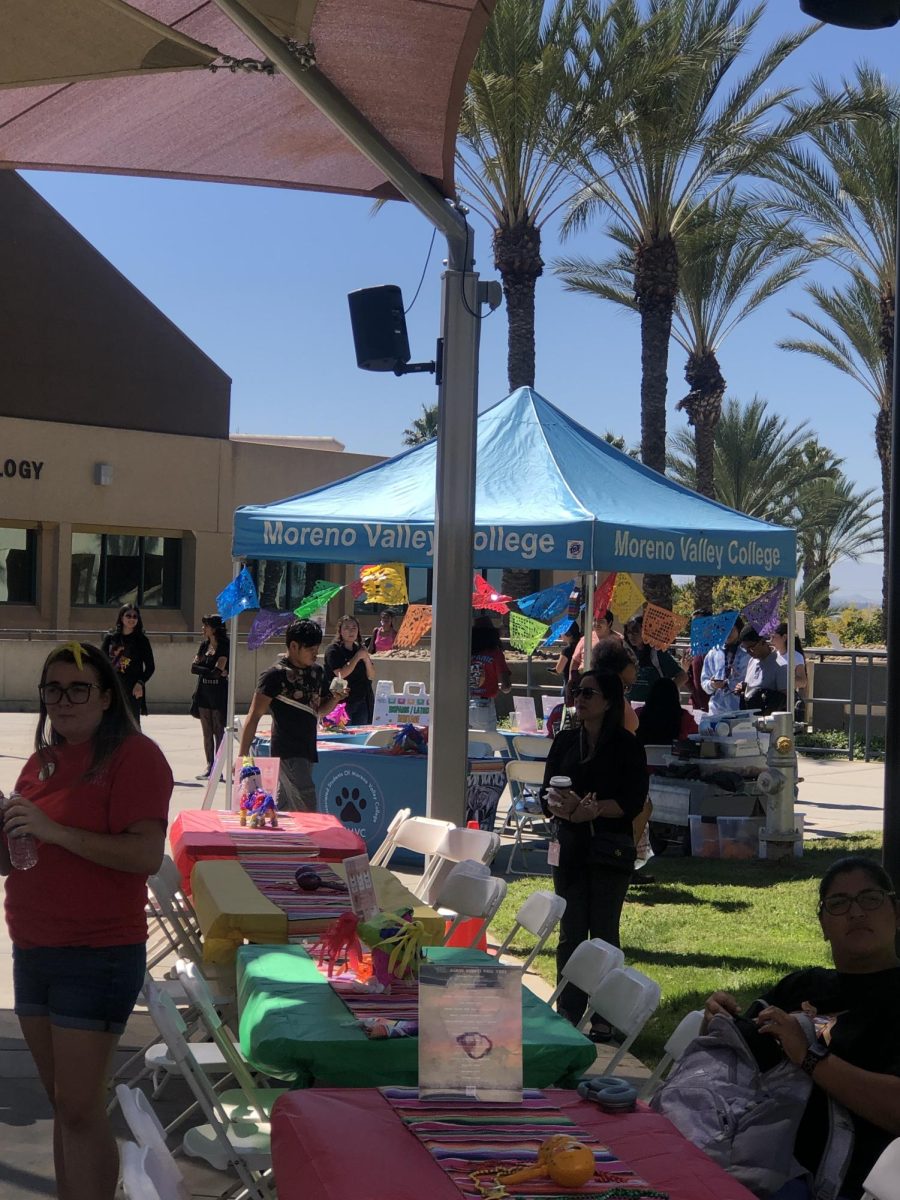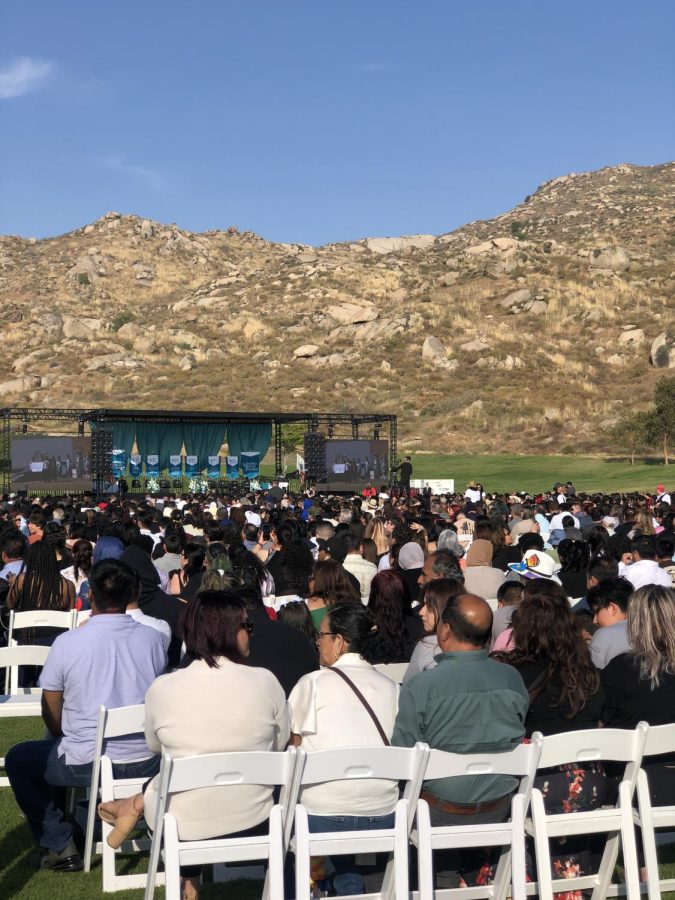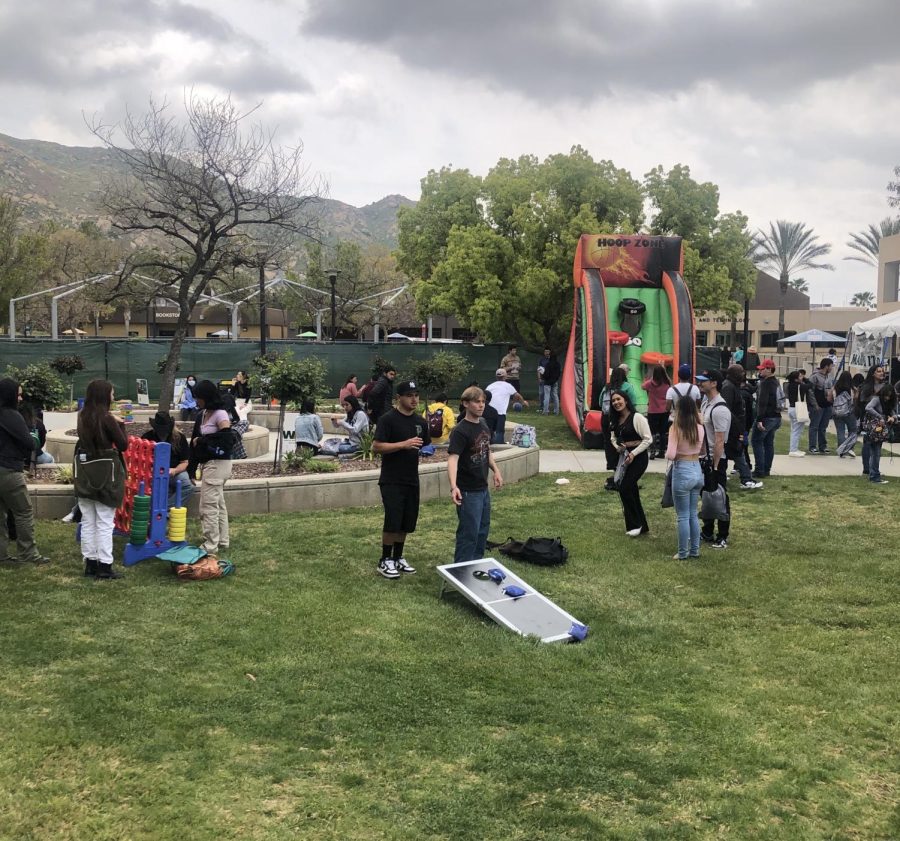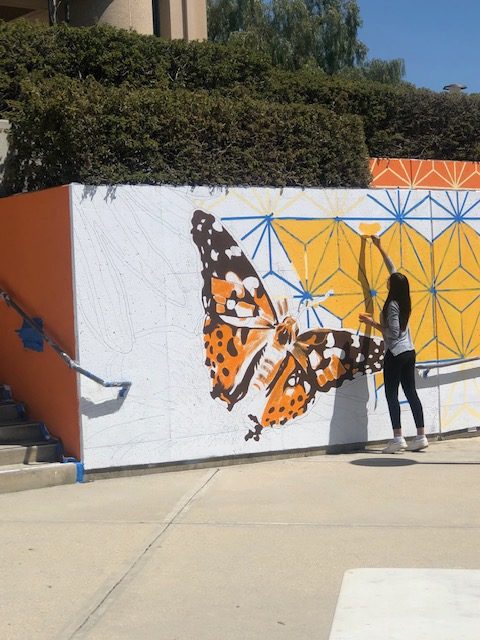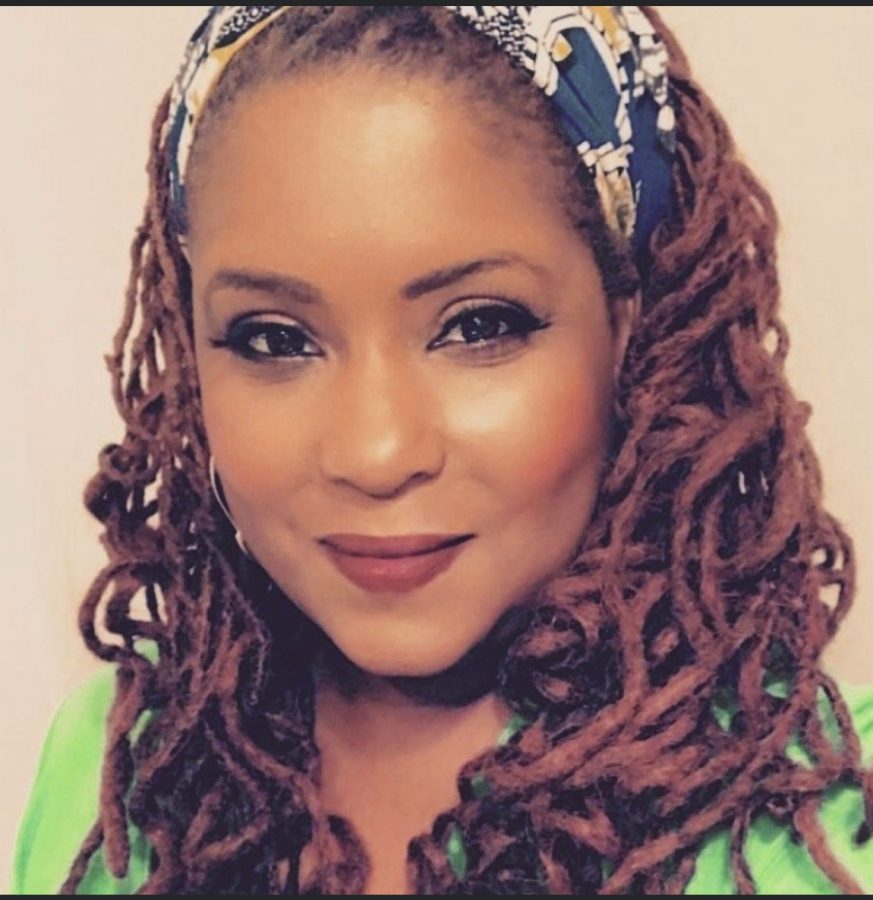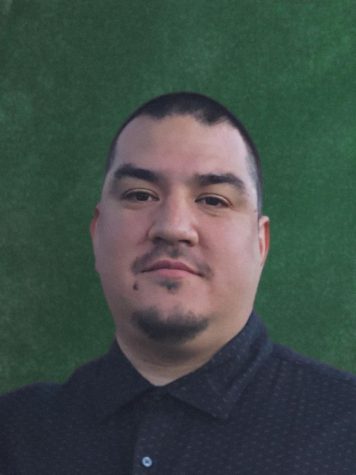Moreno Valley College Launches New Ethnic Studies Program
April 6, 2023
This spring Moreno Valley College launched a new ethnic studies program in accordance with a California Community Colleges Board of Governors policy, which requires community colleges throughout the state to offer such programs.
The program will consist of courses on the history, culture, and the experiences of underrepresented groups in the United States. It will also include a focus on social justice and activism. The program includes courses in African-American and Chicano History.
“Ethnic Studies offers the opportunity to learn about the experiences of marginalized groups who have previously been left out of the discussion,” said Dr. Melanie Lindsay, Ethnic Studies Professor at Moreno Valley College. “Ethnic studies is an important subject because for the marginalized students their stories are now centered, this is empowering for the next generation,” said Dr. Lindsay.
These courses are available to all students, regardless of their major. Currently, Moreno Valley College offers HIS 14, HIS 15, ETS 23 and HIS 31. Under the regulation adopted in 2021, community college students who plan to earn an associate degree will need to take a three-unit semester or four-unit quarter class in ethnic studies.
Olivia Johnson, an Early Childhood Development major from Banning, CA says she is taking HIS 15 (African American Studies) to fulfill a requirement. “There are things I’m learning now that you don’t learn earlier in school,” Johnson said.
There are many different career paths you can choose with an Ethnic Studies degree. Some common careers include: education, counseling, social worker, community organizer and researcher to name a few.
In addition to the career paths above, there are a growing number of colleges and universities that offer Ph.D. programs in Ethnic Studies. Courses in Ethnic Studies can provide a solid academic foundation no matter what profession you choose. “Every career path. You need to have a sensitivity, understanding and awareness of marginalized groups. It’s important to realize the impact of marginalized groups,” Dr. Lindsay said. “They’ve impacted all facets of life. It’s important to understand no matter what you decide to do.” Johnson agrees, “All kids should know their history no matter their background.”
Ethnic Studies began in the 1960s amidst the civil rights movement out of a need for cultural reform. These efforts were driven by marginalized groups advocating for equality and change. In light of the recent attacks on the history of marginalized people nationwide, the need for Ethnic Studies courses is greater now than ever before.
